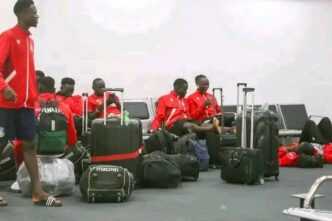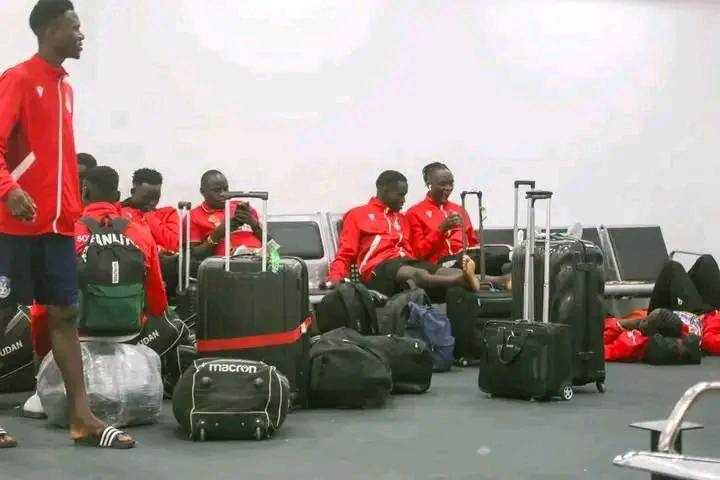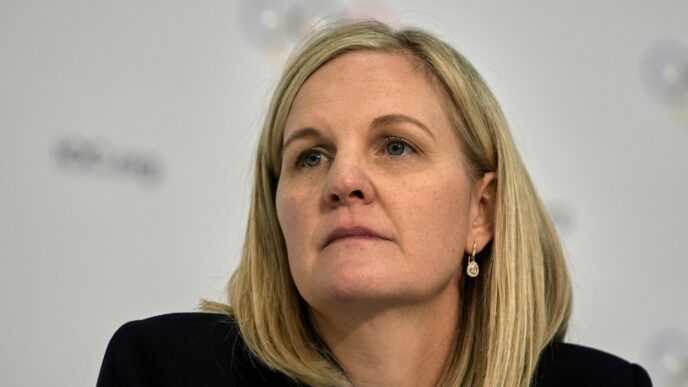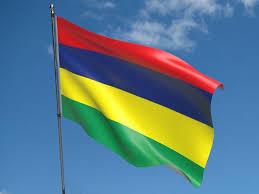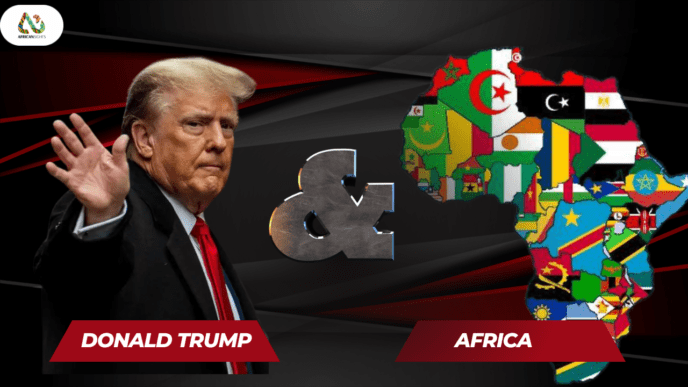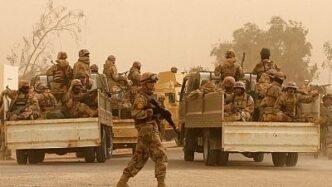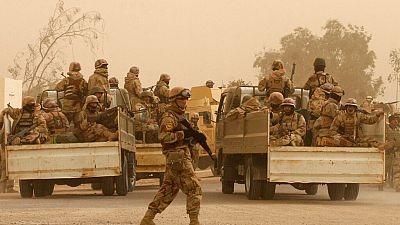South Sudan’s national football team experienced a frustrating ordeal when they were stranded at Benina International Airport in Benghazi, Libya, for three hours ahead of their crucial 2026 FIFA World Cup qualifier against Sudan.
The incident has sparked accusations of mistreatment and delay tactics, with some suggesting that Sudan intentionally influenced the situation to disrupt South Sudan’s preparations. Reports indicate the Super Eagles of Nigeria previously faced similar issues in Libya, including denial of food and internet access. Such incidents raise concerns about fair play and sportsmanship in the competitive environment of World Cup qualifying matches.
The delay caused significant disruption to South Sudan’s travel schedule and preparation for the important match. While details remain limited, the team’s experience highlights logistical challenges and potential political undertones affecting African teams during international competitions.
You Might Also Like; Nigeria set to Host 72 Countries at Africa Raw Materials Summit 2025
Other African teams, such as the Indomitable Lions of Cameroon, have also recently faced travel disruptions, being stranded in Johannesburg, South Africa, before their World Cup qualifier against Eswatini. These events underscore the difficulties many national teams encounter while navigating the complexities of international travel for crucial matches.
The Confederation of African Football (CAF) and FIFA face increasing pressure to ensure fair and respectful treatment of all teams participating in World Cup qualifying events. Guaranteeing seamless travel and accommodations is essential for maintaining the integrity of the competition and promoting a level playing field. As the 2026 World Cup qualifiers progress, stakeholders must address these logistical and diplomatic challenges to prevent further disruptions and uphold the spirit of sportsmanship.
